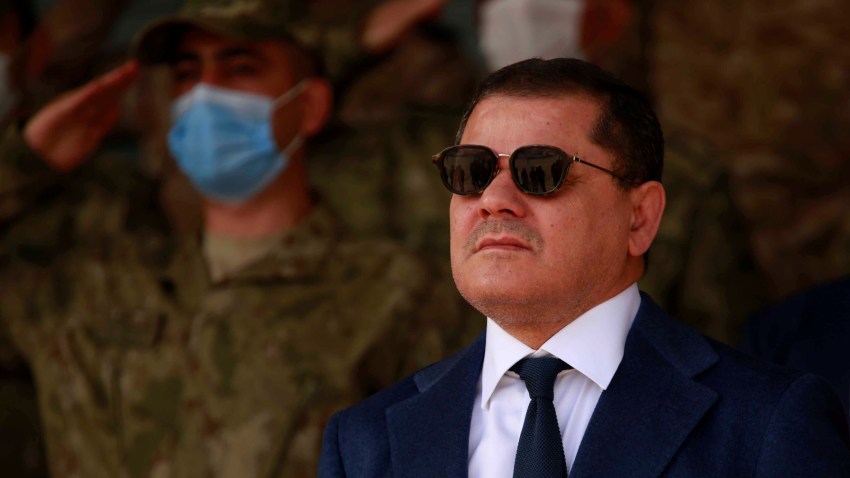William Burns, the director of the U.S. Central Intelligence Agency, made a surprise visit to Libya last week, where he met with Abdul Hamid Dbeibeh—the prime minister of Libya’s Government of National Unity, or GNU, in Tripoli—and other political figures. Burns made the trip to discuss a range of issues, including counterterrorism, energy politics and the presence in Libya of the Russian paramilitary group, Wagner. But resolving Libya’s long-running political crisis did not figure on Burns’ publicly reported agenda during his visit, perhaps because of how intractable that crisis has become.
Efforts by the United Nations Support Mission to Libya have thus far failed to bridge the divide between the internationally recognized GNU and its rival, the Sirte-based Government of National Stability, or GNS, headed by Fathi Bashagha. And the appointment in September of Abdoulaye Bathily as the new U.N. special representative has done little to break the impasse or restore local confidence in the U.N.-led political process. In addition to managing relations with the GNU government, which wants to remain in power, Bathily must navigate the tug of war between lawmakers in the Tobruk-based House of Representatives, which backs Bashagha’s government, and the members of the High State Council, a U.N.-endorsed advisory body created in 2015, over who will guide the country’s political process. All of this intra-elite competition is taking place against the backdrop of meddling by foreign powers backing the different sides.
Shortly after Bathily’s appointment, Ageela Saleh, the speaker of the House of Representatives based in Tobruk, and Khalid Mishri, the head of the High State Council, met in Morocco, where they announced a framework to create a new unity government. But while many welcomed the announcement, the two rival camps were also seeking to send a signal to Bathily about their centrality to any deal he may broker.

